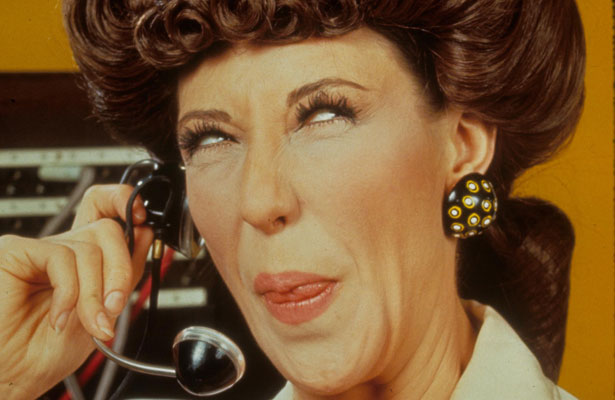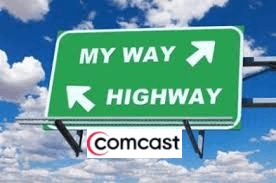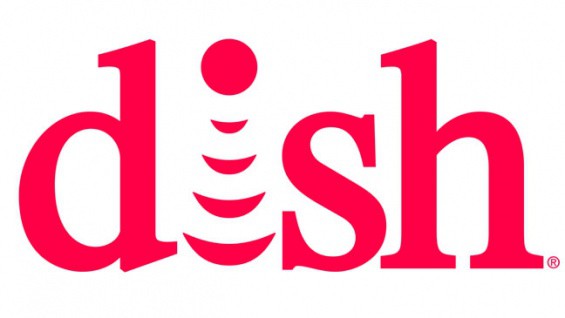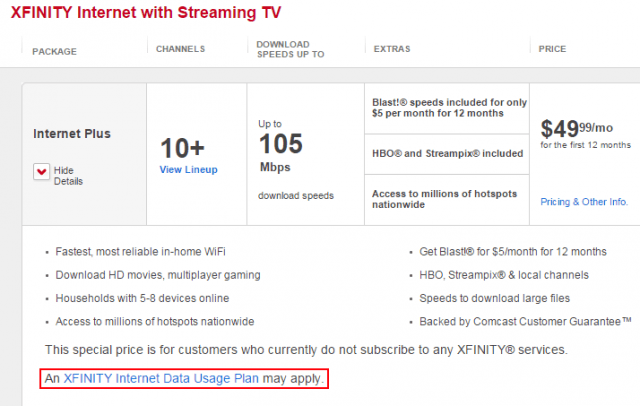 AT&T has asked a federal judge in California to throw out a lawsuit filed by the Federal Trade Commission over wireless speed throttling, claiming the federal regulator has no authority over how AT&T manages its network.
AT&T has asked a federal judge in California to throw out a lawsuit filed by the Federal Trade Commission over wireless speed throttling, claiming the federal regulator has no authority over how AT&T manages its network.
The FTC filed a lawsuit in October 2014 alleging AT&T was throttling the speeds of its grandfathered “unlimited data” customers by as much as 90 percent and failed to sufficiently disclose the practice in violation of the FTC Act.
Although AT&T discloses its network management policies in broad terms deep within its website, the original complaint charges AT&T failed to directly notify customers identified as the ‘heavy unlimited users’ targeted for wireless speed reductions reportedly as low as 56kbps for up to 30 days or more.
AT&T’s lawyers claim the FTC has no jurisdiction to file the lawsuit because a portion of AT&T’s business — cellular voice service — is defined by the Communications Act as a regulated common carrier service by the Federal Communications Commission. The FTC had argued AT&T’s mobile data services are unregulated and do not fall under the FCC’s exclusive jurisdiction.
AT&T’s attorneys argue two apparently contradictory assertions about wireless regulation that both require the court, in AT&T’s view, to dismiss the FTC’s case:
- AT&T acknowledges that its mobile data services are not subject to Title II regulatory oversight by the FCC as a common carrier service. Therefore, federal agencies like the FTC have no jurisdiction to interfere in AT&T’s private business decisions on issues like data caps and speed throttling because it is an unregulated service;
- AT&T claims the FCC has asserted sweeping authority over wireless services under Section 706 of the Telecommunications Act of 1996. Therefore it should be up to the FCC alone (and not the FTC) to decide the fairness of AT&T’s network management practices. But AT&T doesn’t remind the court this is the same authority that large telecom companies sued into impotence by successfully arguing the FCC exceeded its mandate attempting to assert jurisdiction on data services to enforce concepts such as Net Neutrality and attempting to fine Comcast for throttling peer-to-peer network traffic.
 AT&T calls the FTC’s claims it can intervene in services not regulated by the FCC “irrelevant,” arguing once one of AT&T’s services is subject to the FCC’s common carrier regulation, all of its services become untouchable by the FTC.
AT&T calls the FTC’s claims it can intervene in services not regulated by the FCC “irrelevant,” arguing once one of AT&T’s services is subject to the FCC’s common carrier regulation, all of its services become untouchable by the FTC.
“The FTC lacks jurisdiction to prosecute this action because AT&T is a common carrier subject to the Communications Act and therefore outside the FTC’s authority under Section 5 of the FTC Act. 15 U.S.C. § 45(a)(2),” argues AT&T. “Indeed, the FTC itself has recognized that, as drafted, the exemption altogether removes common carriers such as AT&T from its jurisdiction and has asked Congress to modify the statute. So far, Congress has refused.”
“But whether AT&T’s network management program is ‘unfair’ and whether its disclosures were ‘inadequate’ are issues for the FCC to decide, and in fact the FCC is in the process of so deciding, just as Congress intended,” AT&T said. “Congress drafted Section 5 to avoid subjecting common carriers like AT&T to precisely this sort of conflicting authority of separate federal agencies over the same conduct.”
Should the FCC find AT&T in violation of its transparency rules, AT&T will have a strong legal case to have that ruling tossed as well on the grounds the agency has no mandate from Congress to regulate mobile data services under Section 706/Title III of the Communications Act — the same case other telecom companies have successfully argued in the D.C. Court of Appeals.
Ironically, AT&T’s apparent regulatory loophole will vanish should the FCC order that broadband services of all kinds be reclassified as Title II telecommunications services as part of the ongoing effort to implement strong Net Neutrality policies.


 Subscribe
Subscribe
 Comcast Internet-only customers looking for speeds up to 100Mbps will pay Comcast an unprecedented $88.95 a month for a package containing the company’s Blast! broadband service with a rented cable modem.
Comcast Internet-only customers looking for speeds up to 100Mbps will pay Comcast an unprecedented $88.95 a month for a package containing the company’s Blast! broadband service with a rented cable modem.
 DISH’s plans to stream video content over the Internet could one day also include 4K programming, but viewers are likely to run smack into usage caps and usage billing that ISPs are using to deter online video from gutting cable television revenue as well as further monetizing already highly profitable broadband.
DISH’s plans to stream video content over the Internet could one day also include 4K programming, but viewers are likely to run smack into usage caps and usage billing that ISPs are using to deter online video from gutting cable television revenue as well as further monetizing already highly profitable broadband.
